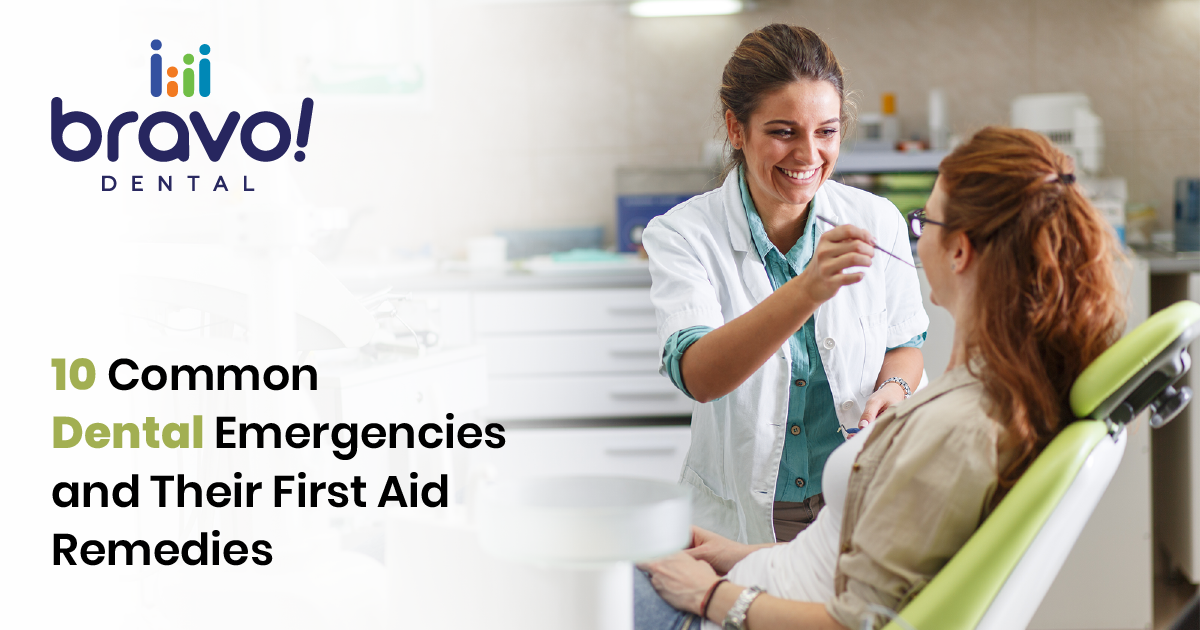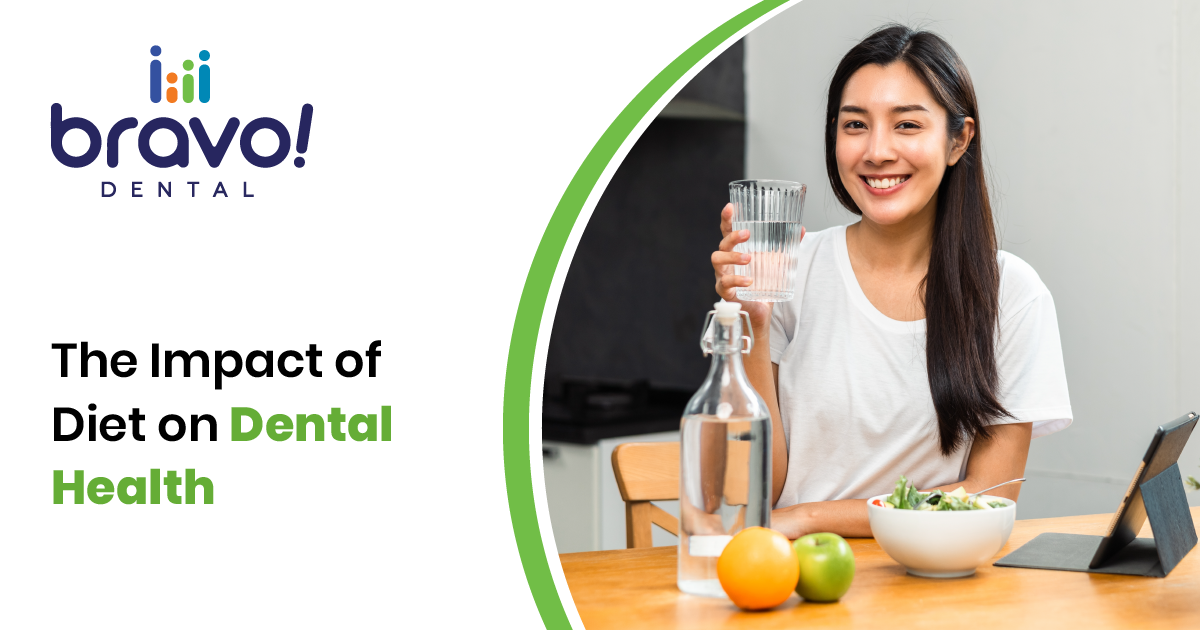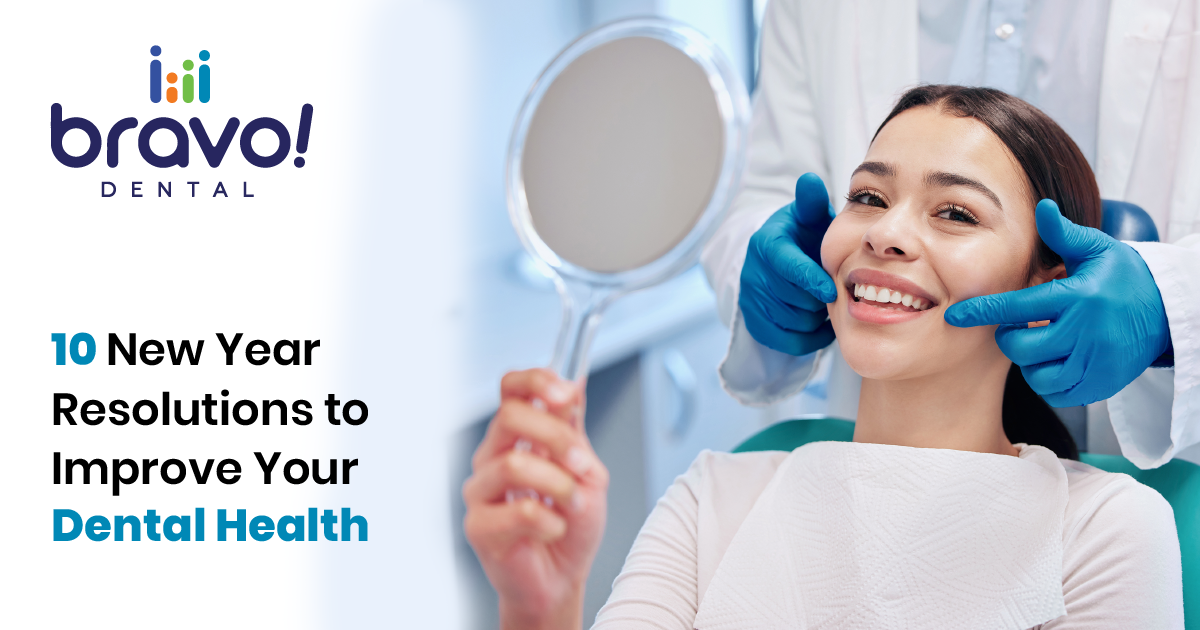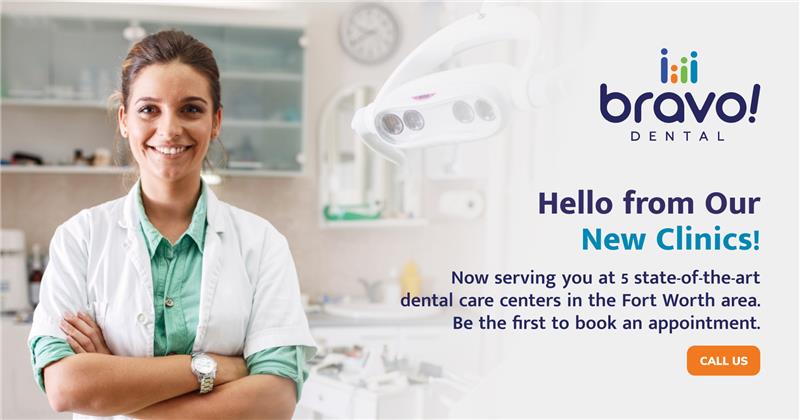Dental emergencies can occur unexpectedly, causing discomfort and distress. Knowing how to handle these situations promptly can significantly prevent complications and provide immediate relief.
10 Common Dental Emergencies with First Aid
1. Toothache
– Rinse your mouth with warm water to clean the area.
– Apply a cold compress to alleviate pain and reduce swelling.
– Avoid placing aspirin or any painkiller directly on the gum as it may cause burns.
2. Knocked-Out Tooth
– Hold the tooth by the crown, avoid touching the root.
– Rinse the tooth gently with water, but do not scrub it.
– Try to reinsert the tooth into its socket if possible.
– If reinsertion isn’t feasible, keep the tooth moist by placing it in milk or saliva and seek immediate dental care.
– Act promptly, as knocked-out teeth should be reattached within 30 minutes.
3. Broken or Chipped Tooth
– Rinse your mouth with warm water to clean the area.
– If there’s bleeding, apply gauze to the affected area for about 10 minutes or until bleeding stops.
– Save any broken tooth fragments and visit a dentist promptly for treatment.
4. Dislodged Crown or Filling
– If a crown or filling comes loose, keep it safe and clean.
– Use temporary dental cement or sugar-free gum to temporarily reattach a loose crown.
– Avoid chewing on the affected side and visit your dentist immediately for proper reattachment or replacement.
5. Abscessed Tooth
– Rinse your mouth with a mild saltwater solution to reduce bacteria and alleviate pain.
– Use over-the-counter pain relievers to manage discomfort, but don’t self-medicate.
– Avoid popping the pimple-like infection or applying heat to the affected area.
– Seek immediate dental care to drain the abscess and prevent further complications.
6. Bleeding Gums
– Clean the injured area gently with warm water.
– Apply pressure with gauze to control bleeding.
– Use a cold compress to reduce swelling and relieve pain.
– If bleeding persists or the injury is severe, seek medical attention immediately, as it could be early signs of gum disease.
7. Object Lodged Between Teeth
– Gently try to remove the object using dental floss.
– Avoid using sharp or pointed objects that may damage the gums or teeth.
– If unsuccessful, visit your dentist for safe removal to prevent injury or infection.
8. Jaw Injury
– Apply a cold compress to reduce swelling and alleviate pain.
– Keep the jaw immobilized by wrapping a bandage around the head.
– Seek immediate medical attention for severe pain, difficulty opening or closing the mouth, or jaw misalignment.
9. Tooth Sensitivity
– Avoid consuming hot or cold foods and beverages.
– Use desensitizing toothpaste to alleviate sensitivity.
– Schedule a dental appointment to identify the underlying cause and receive appropriate treatment.
10. Lost Dental Appliance (Braces, Retainers, etc.)
– Contact your orthodontist for guidance on temporary solutions.
– Avoid adjusting or repairing the appliance yourself.
– Schedule an appointment with your orthodontist to replace or repair the lost appliance.
Conclusion
Being prepared to handle dental emergencies with appropriate first-aid measures can minimize pain, prevent complications, and promote swift recovery. However, it’s crucial to remember that first aid is temporary, and seeking professional dental care is essential for comprehensive treatment and long-term oral health. Book an appointment with our Bravo! Dental experts today.



